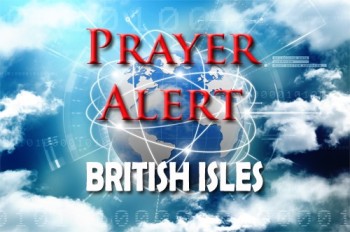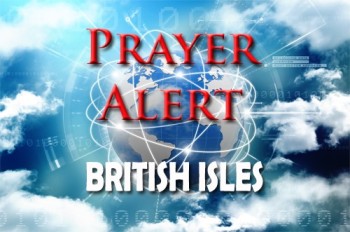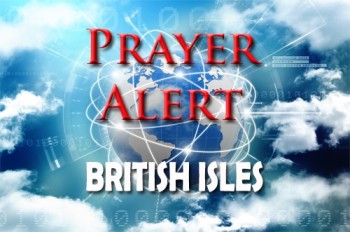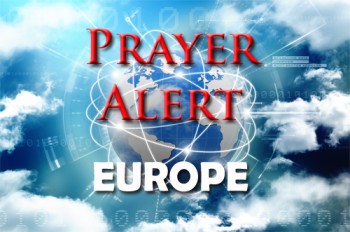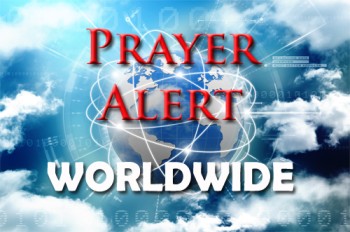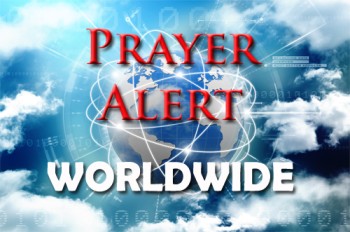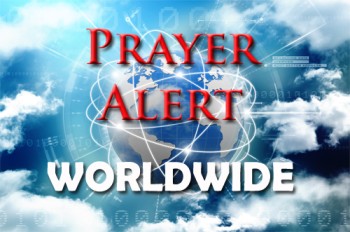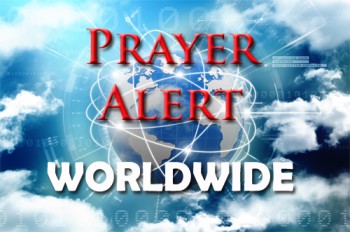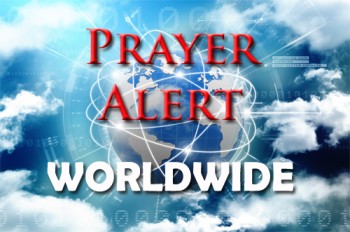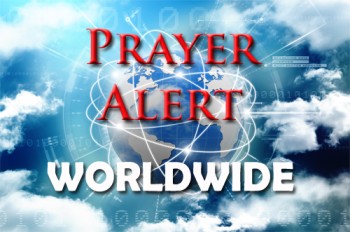Church of England defends plans to tackle ‘white fragility’
The Church of England is defending its appointment of 'racial justice enablers' to tackle racial inequality and 'white fragility’, amid criticism that it might alienate worshippers. In Birmingham and York, these positions focus on addressing issues like deconstructing whiteness and unconscious bias. The Rev Guy Hewitt, head of the church’s Racial Justice Unit, underscores the gospel's call to confront racism, while critics like Rev Dr Ian Paul argue the approach could create more division, reflecting American cultural conflicts. The initiative has broad support within church synods, though some parishioners have expressed concern over resource allocation. These roles are part of a wider effort to make the Church more inclusive and tackle racism. Church leaders stress the importance of addressing the sin of racism and its impact, aligning with the Church's mission to be a church for all tribes and nations.
Synthetic drugs far stronger than heroin banned as deaths soar
The Government has banned 15 synthetic opioids, including 14 nitazenes, classifying them as Class A drugs. These opioids, far stronger than heroin, have been linked to numerous fatalities. Nitazenes, frequently misidentified in other drugs, cause dangerous respiratory depression and are often unknowingly consumed. Home secretary James Cleverly stated the government's commitment to combating these drugs, with the classification resulting in strict penalties for production, distribution, and possession, including potential life imprisonment or unlimited fines. This move follows rising numbers of drug deaths in Scotland and widespread opioid addiction concerns. However, there are calls for quicker action in tracking overdoses and understanding drug spread. Originally developed in the 1950s, nitazenes were never approved for medical use due to high potency and addiction risks, making them a significant public health concern. The Government's classification aims to curb the impact of these potent drugs on public health.
Army must 'prepare genuinely for war'
A new report, backed by former UK defence and security chiefs, emphasises the need for the Army to genuinely prepare for war to effectively deter threats. Key contributors have warned of the army's diminished credibility due to prolonged reductions in size and capability, risking falling below the national critical mass. The report, responding to concerns over inadequate defence spending and global conflicts like Russia's war in Ukraine, suggests that the UK army is no longer considered a top-level fighting force within NATO. It proposes the formation of a 'New Model Army' that is battle-ready and respected, to demonstrate strength to both adversaries and allies. The document proposes a war-ready command structure in Whitehall and recommends a dedicated task force to facilitate necessary changes, akin to the successful Covid vaccine campaign. The report concludes with a plea for bold and decisive action to restore the army's fighting capability within realistic budget constraints.
Russia: and the winner is …
To nobody’s surprise, Vladimir Putin was declared the winner of Russia’s presidential election, with over 87% of the votes cast. In his victory speech, he showed his confidence by mentioning Alexei Navalny by name for the first time, claiming that he had agreed to a prisoner exchange for him shortly before Navalny died in prison. The Kremlin dismissed accusations of Navalny's murder by his widow, Yulia, as false: Putin callously referred to his death as a part of life. The election saw a variety of protests, including pouring dye into a ballot box and setting off Molotov cocktails: Putin played down their impact. The election faced criticism internationally for lack of fairness; British officials condemned Putin's victory as undemocratic and likened him to Stalin. Despite this reaction, the election has solidified his grip on power and given him a mandate to pursue the war with Ukraine more actively.

